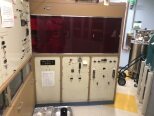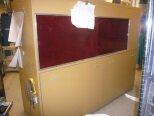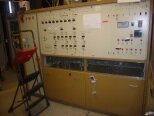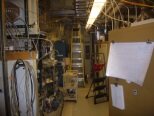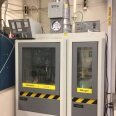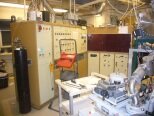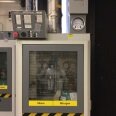Used THOMAS SWAN 65 #9248485 for sale
URL successfully copied!
Tap to zoom
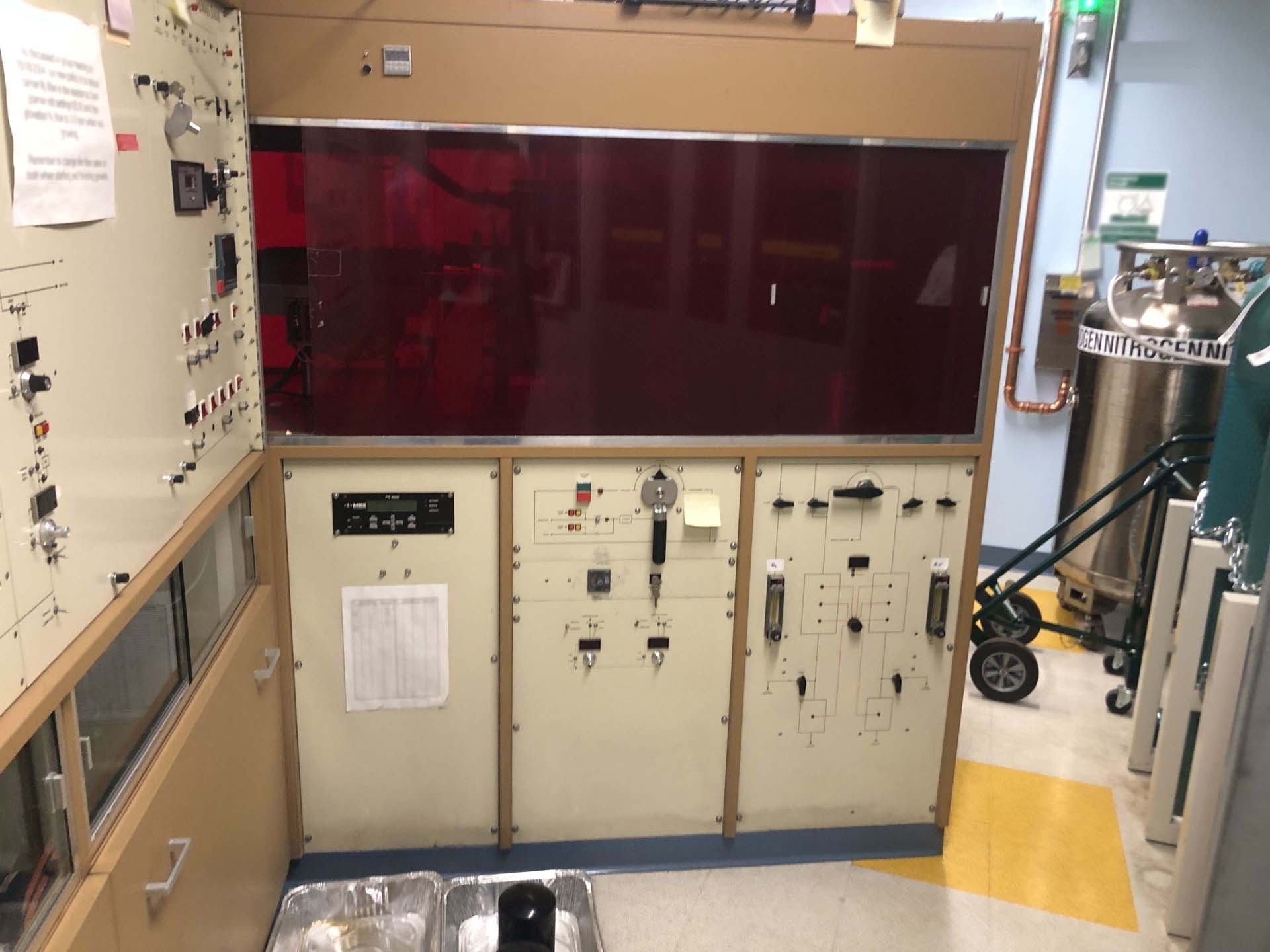

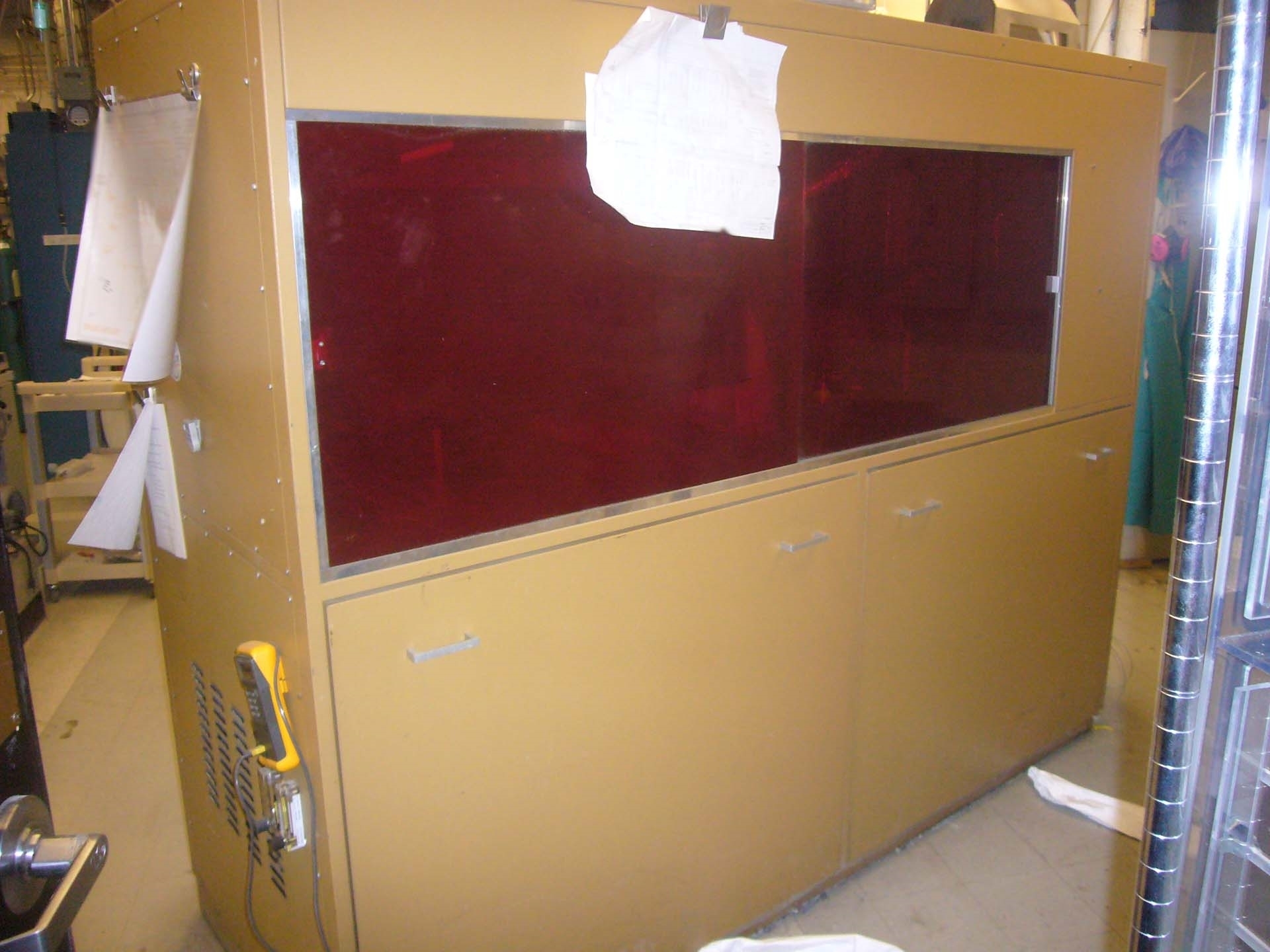

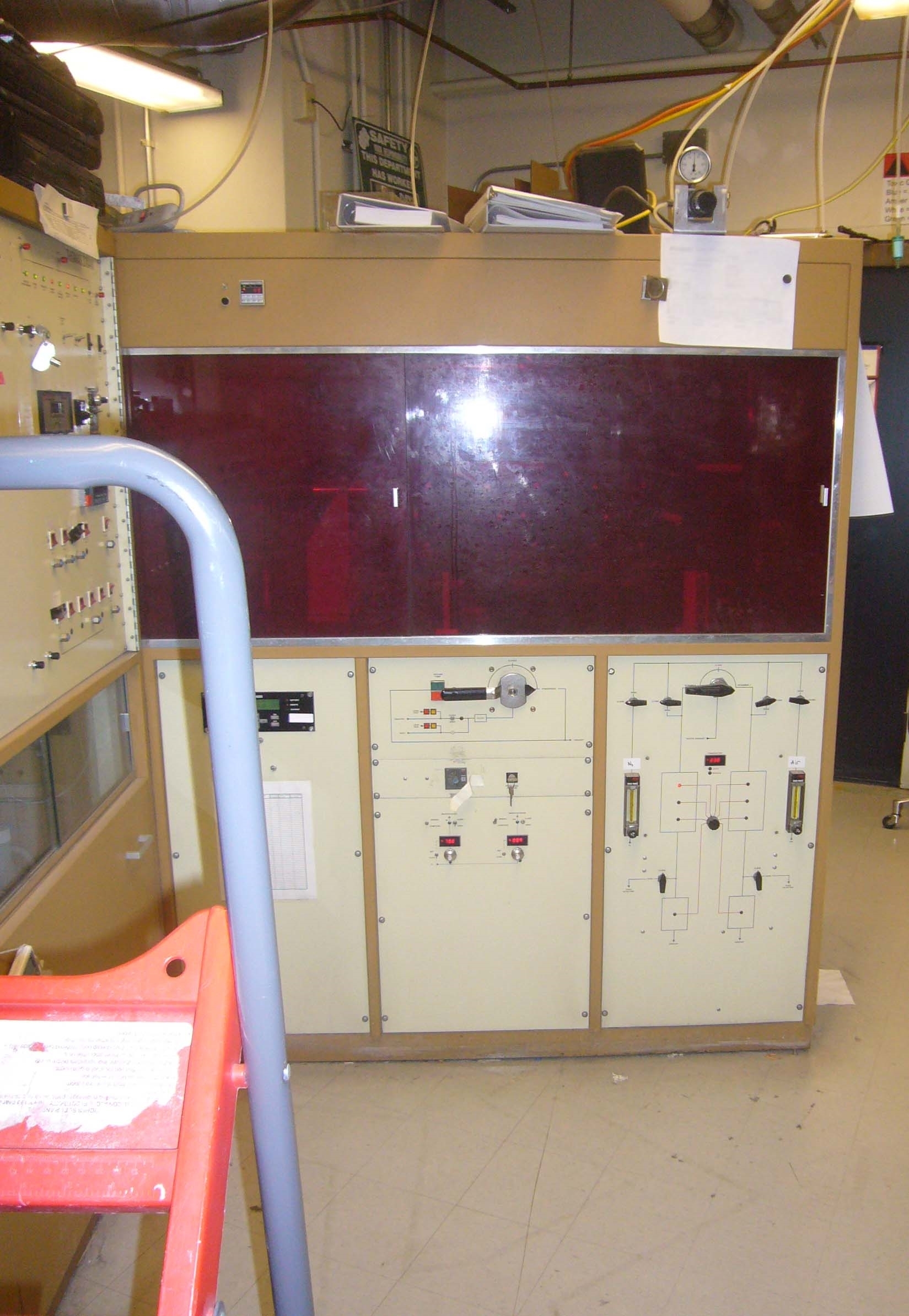

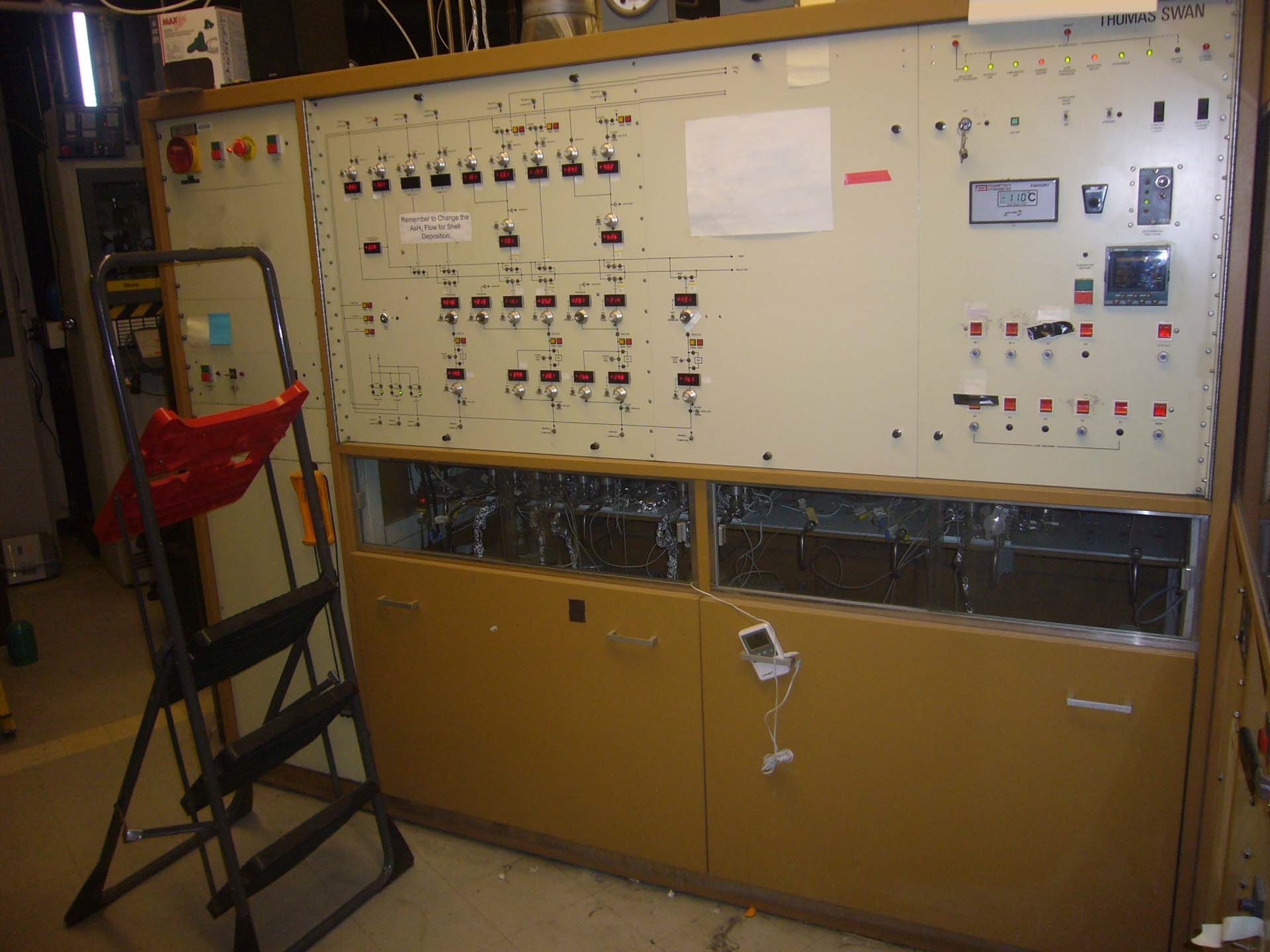

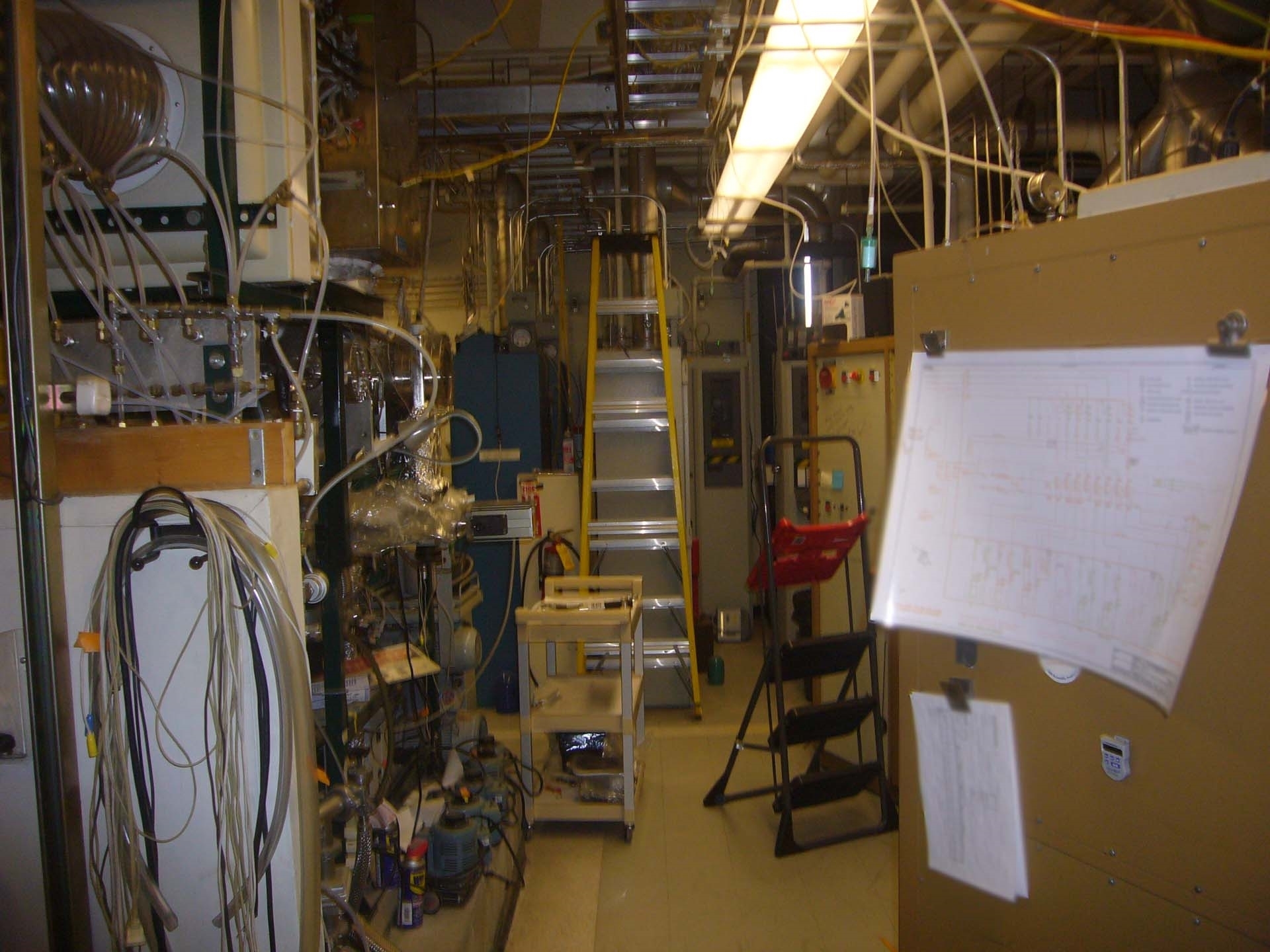

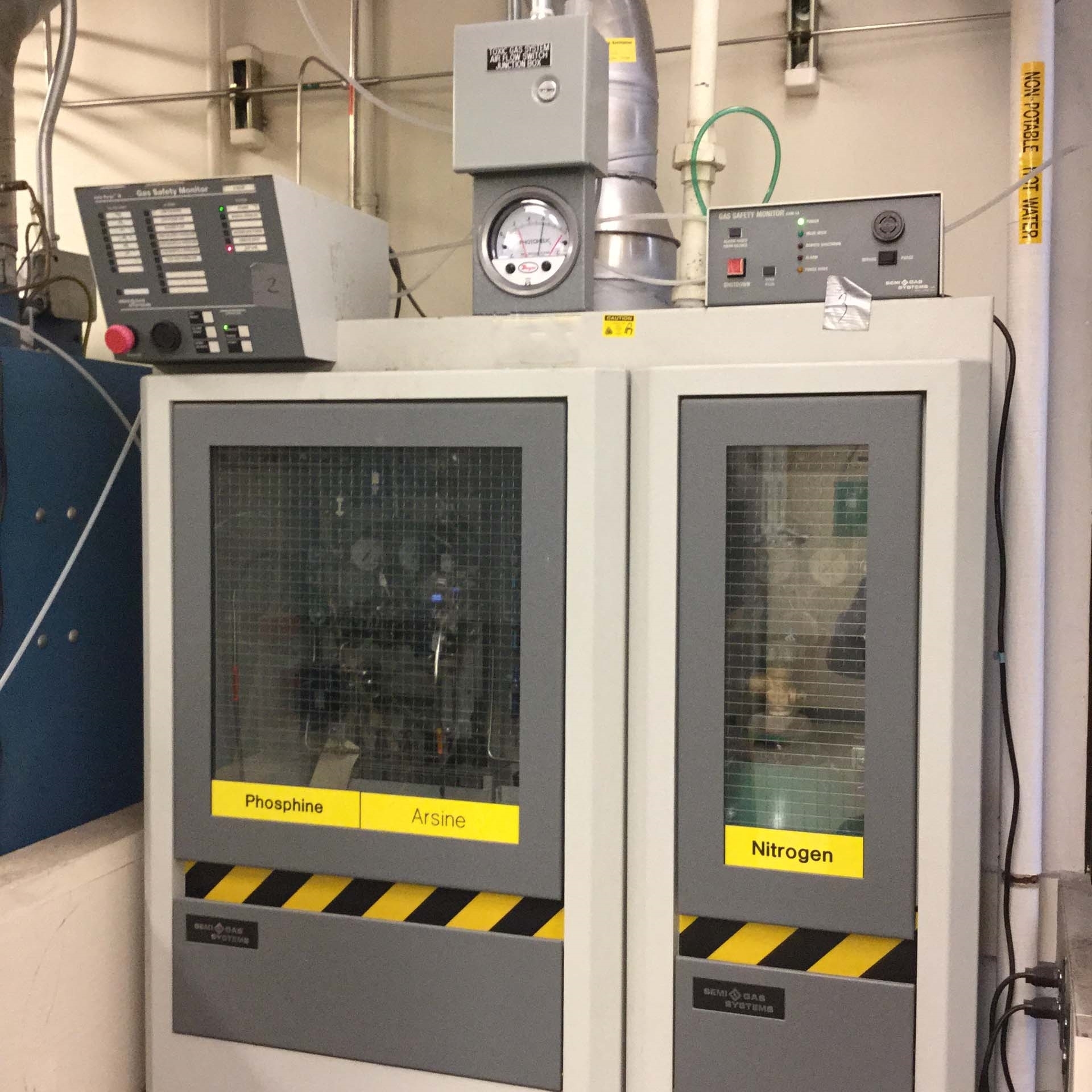

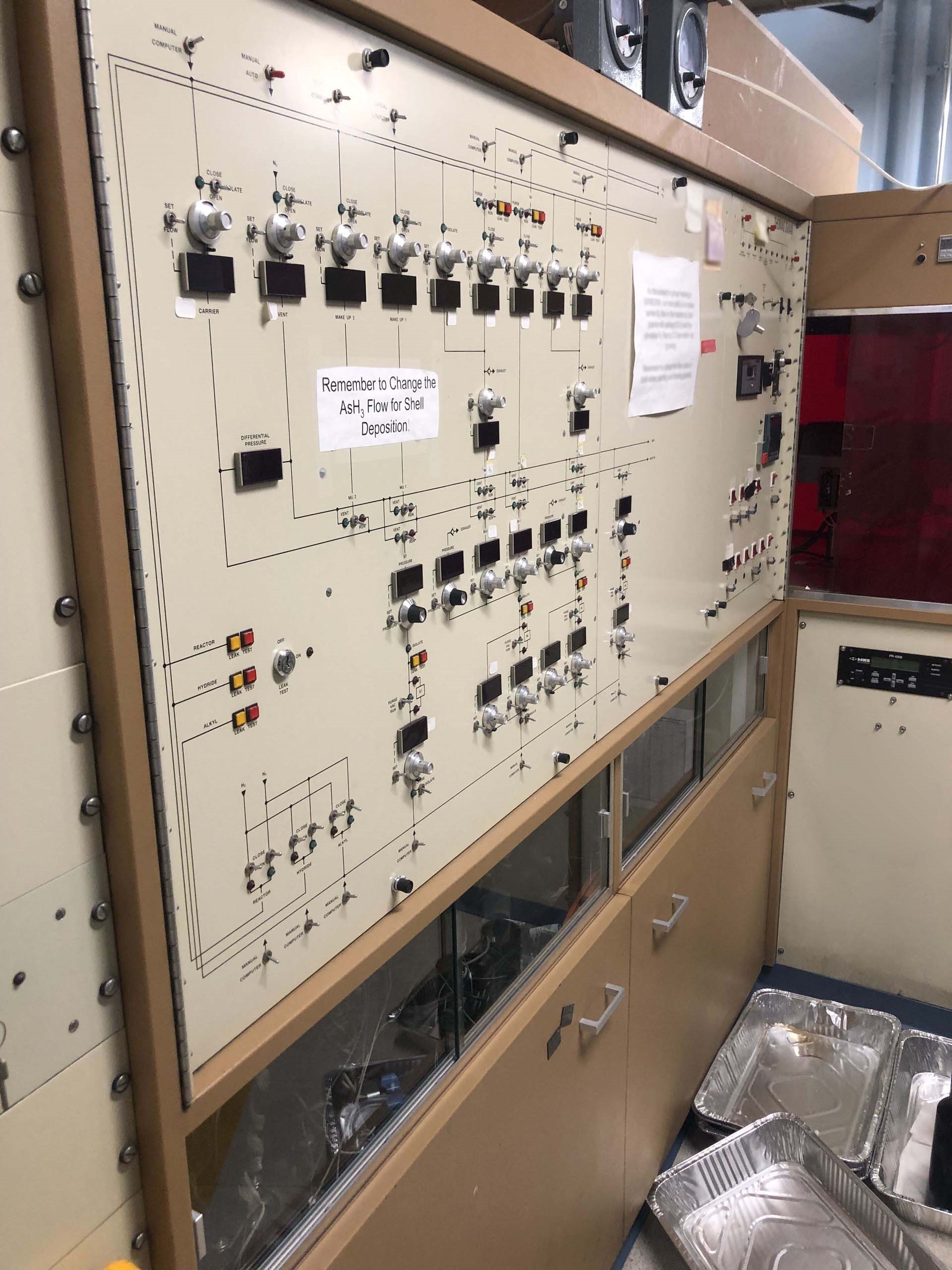

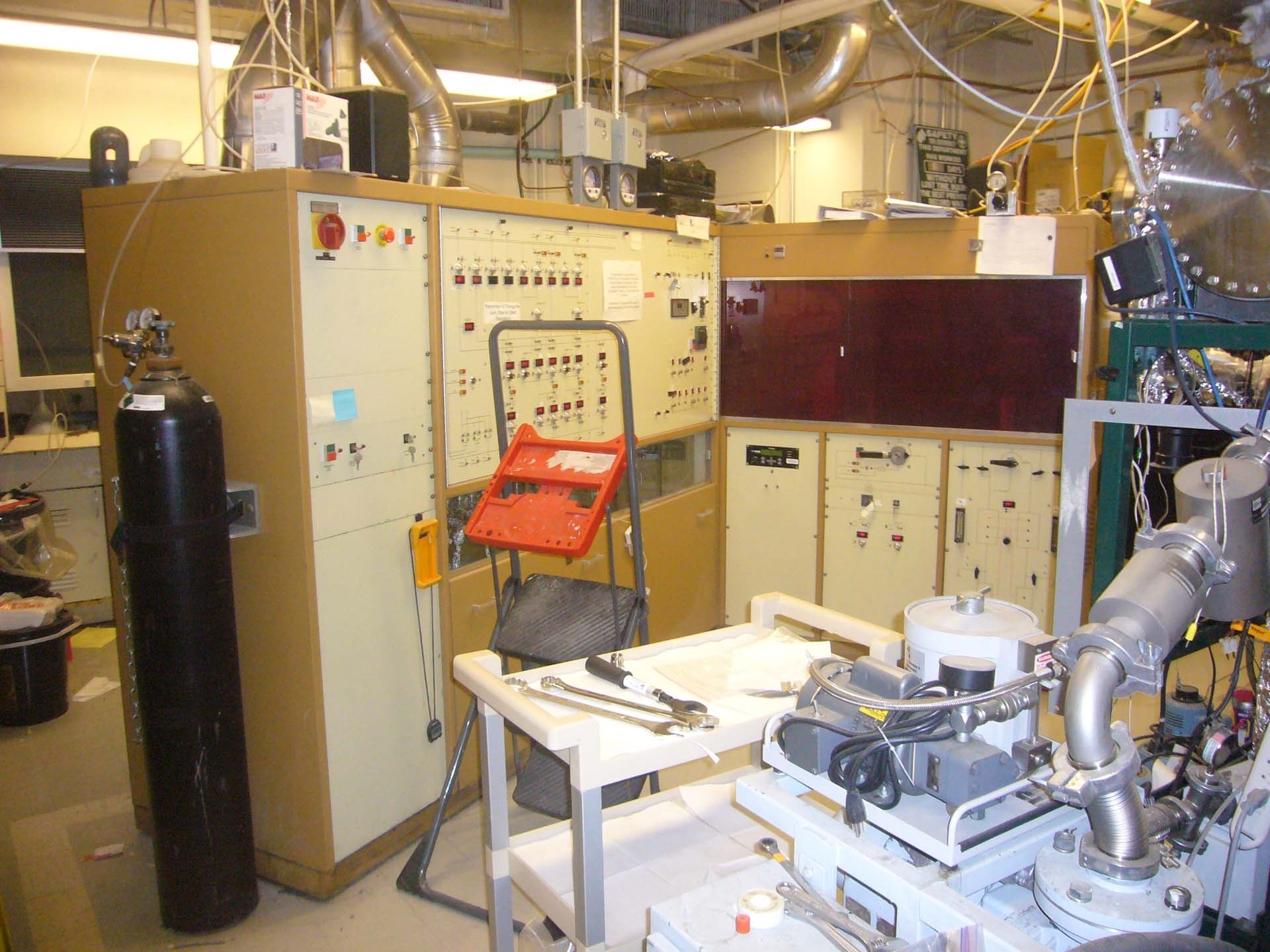

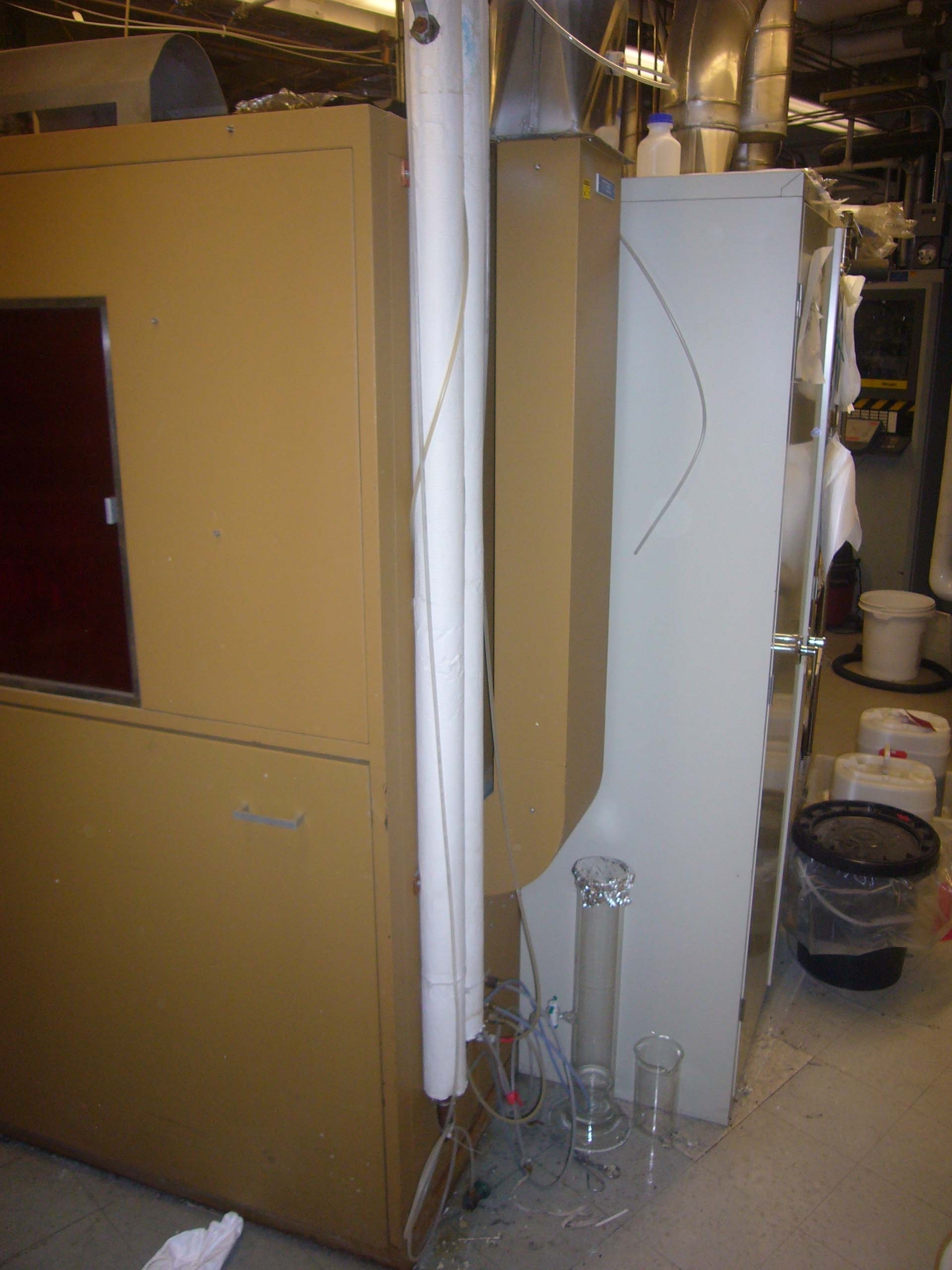

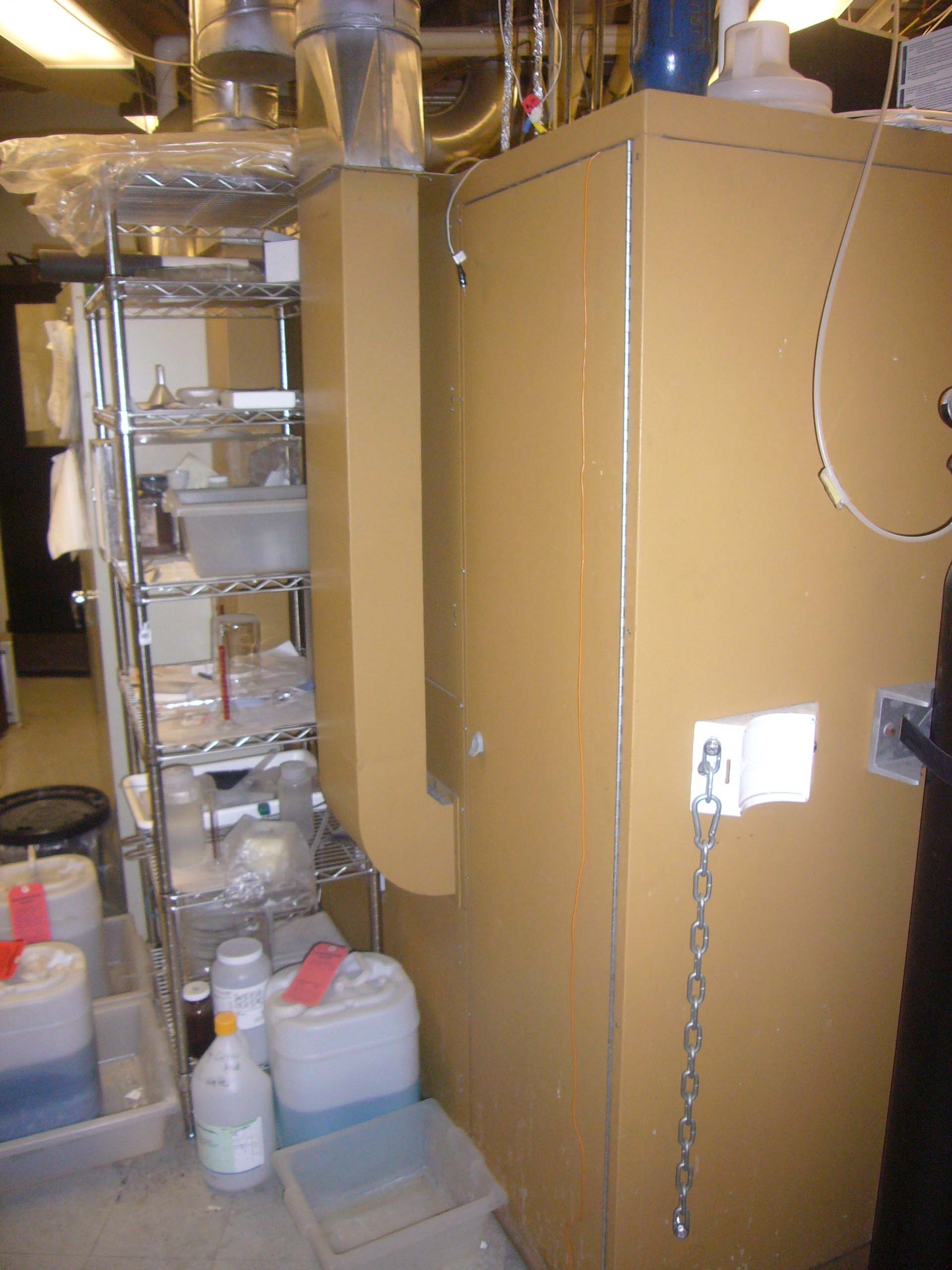

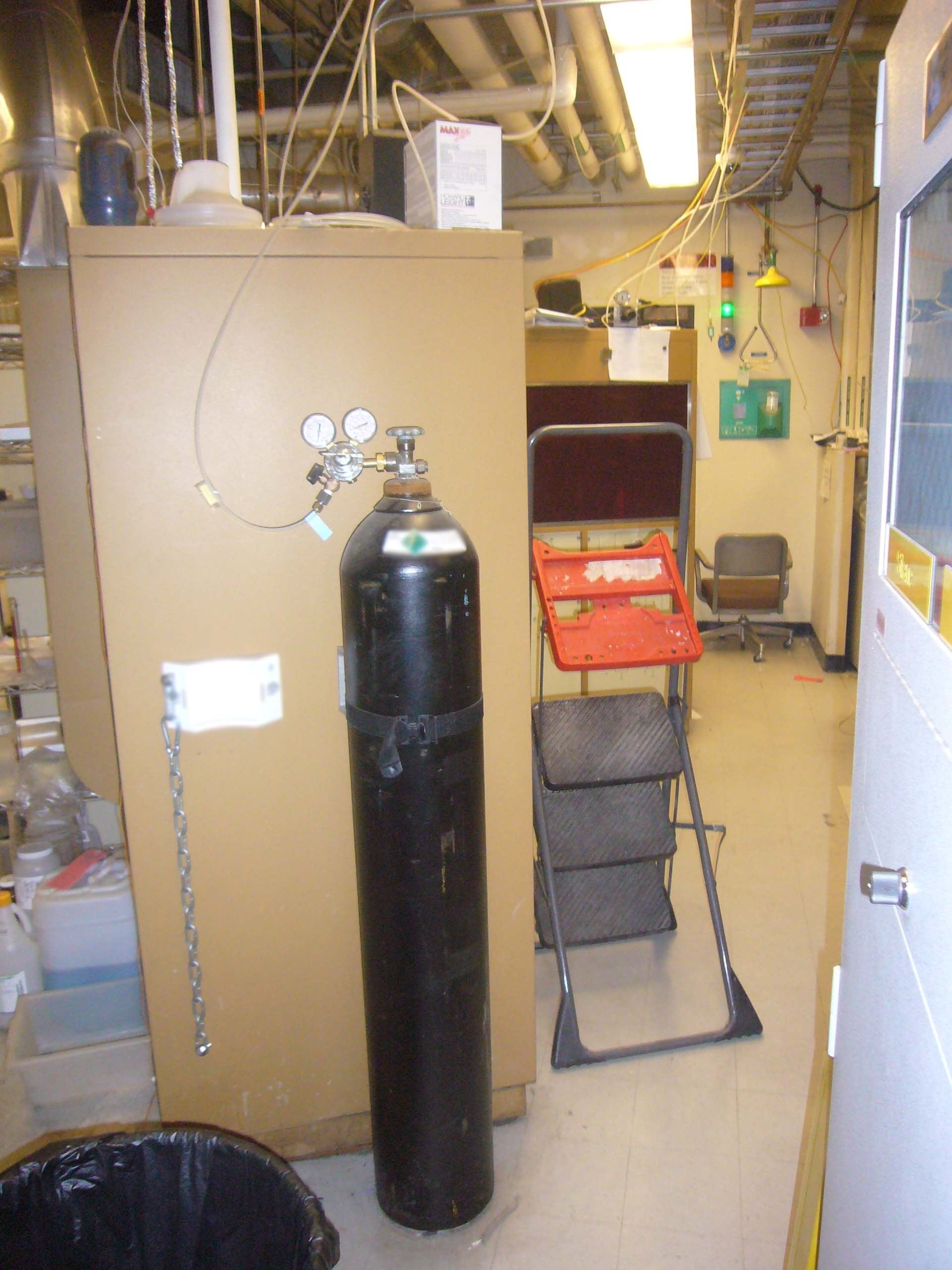

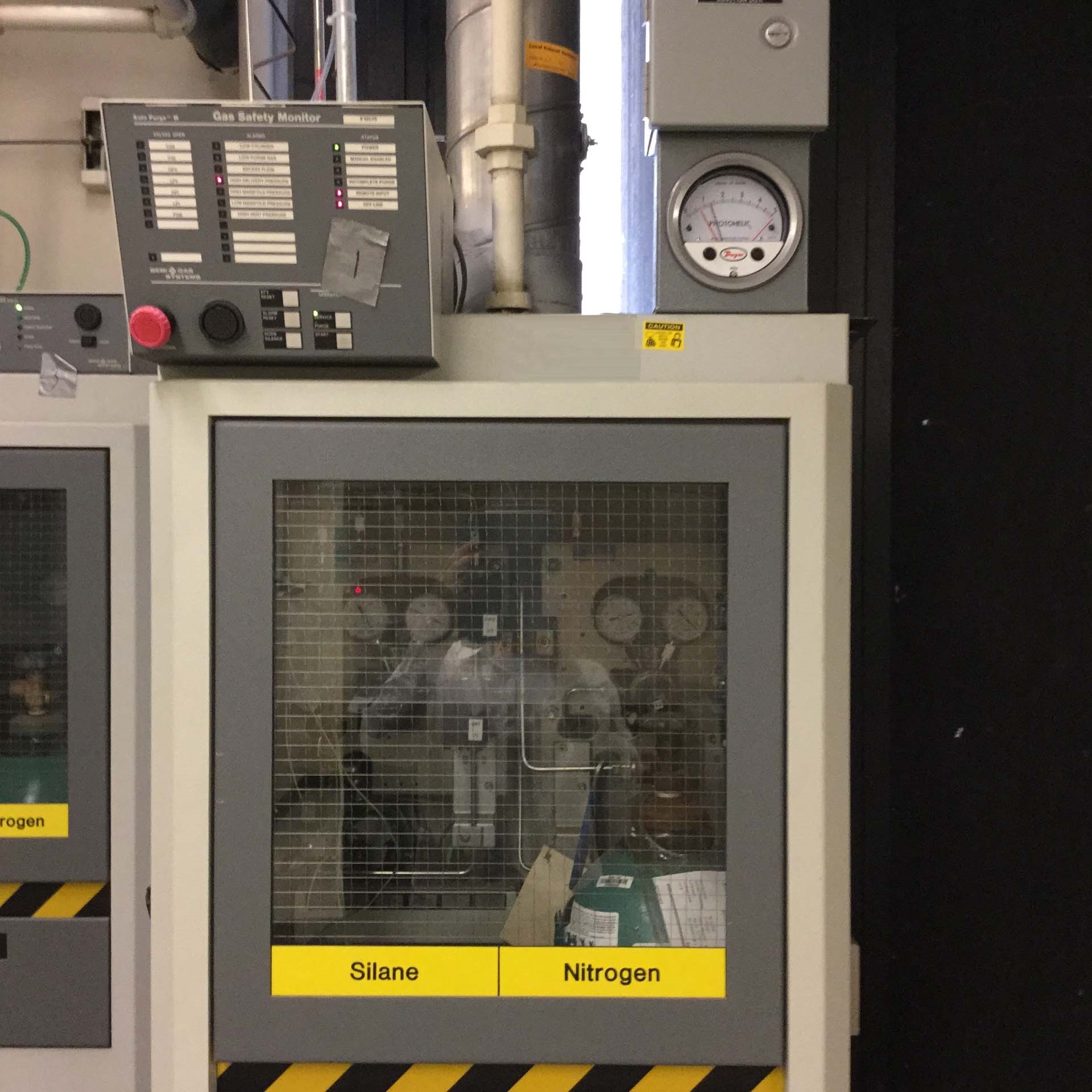

THOMAS SWAN 65 reactor is a 25 MWth research reactor designed for neutron activation analysis and gamma ray transmission experiments. The reactor core consists of 65 fuel elements manufactured using fuel plates of uranium enriched to between 4% and 22% U-235, with the majority of elements enriched to 19.7%. Each fuel element is composed of 10 fuel plates, placed in alternating vertical and horizontal directions. The fuel plates are clad in aluminum in order to contain and moderate the neutrons during operation. The entire fuel element assembly is encased in a stainless steel container which is clamped between two polyethylene spacers. This core is surrounded by a reflector to ensure that the maximum amount of flux is directed to the center of the reactor core. THOMAS SWAN 65 reactor is capable of operating in either of three distinct operating modes: low-pressure operation, medium-pressure operation, and high-pressure operation. All three modes involve the use of a primary coolant loop. The space between the fuel elements and the reflector is filled with pressurized light water to transfer heat away from the system. The control of 65 reactor is done by shutting off fuel elements or by changing the coolant flow rate. The reactor is also equipped with power rise and power fall safety systems which are designed to automatically shut the reactor down in the event of an abnormal power change. THOMAS SWAN 65 reactor has been in operation since 1967, and has been used for a variety of neutron flux and accuracy experiments. The reactor produces a thermal neutron flux of 2.8 × 1013 n cm−2 s−1 and has an excess reactivity of +2.25 percent delayed at a focal poise of 20000 MN/m2. 65 reactor is an important research tool for many radioactive experiments and holds a significant place in academia and in the field of nuclear engineering. It has served as the basis for a variety of reactor designs, and continues to be a reliable platform for the study of nuclear materials.
There are no reviews yet
